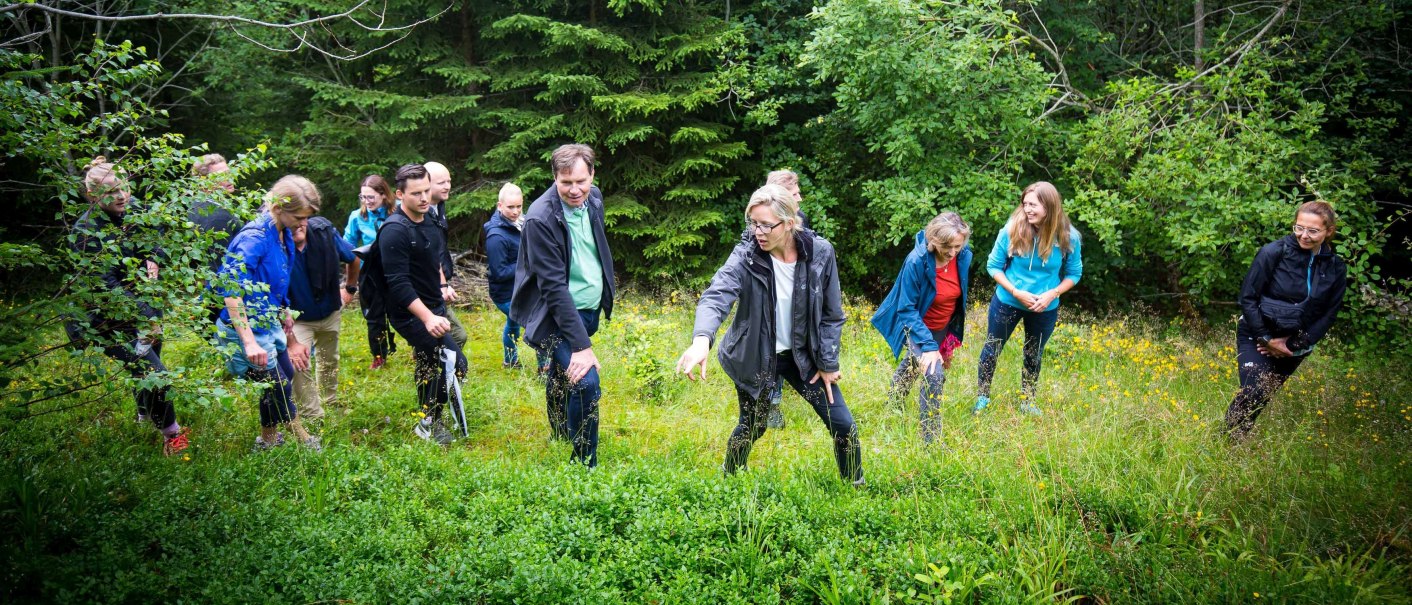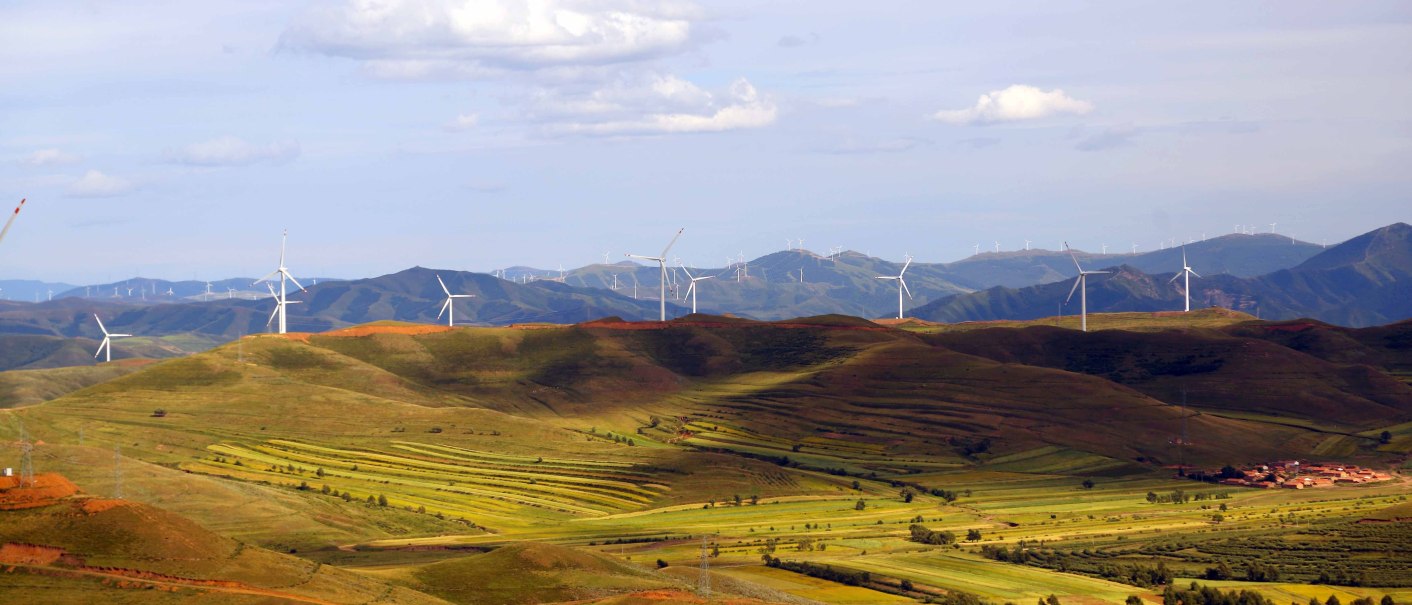Stuttgart trade fair location is climate-neutral
16.05.20
Company fully offsets emissions from business activities via internationally recognised climate protection projects
The Stuttgart trade fair location is now climate-neutral. No surprise for insiders, as Messe Stuttgart has, for a long time, been a real leader amongst trade fair companies in Germany when it comes to involvement in sustainability. With its certification as a climate-neutral trade fair location, it has taken the next step in this direction.
In addition to consistent use of completely CO2-neutral energy, unavoidable CO2 emissions are now offset with compensation measures. The "climate-neutral trade fair location" seal comes from ClimatePartner GmbH from Munich, which advises companies about climate protection and promotes environmental protection projects in Germany and all over the world.
Central element of company management
"We consequently accept responsibility for climate protection, as sustainability awareness is a central element of our company management," says Roland Bleinroth, CEO of Messe Stuttgart. A sustainably managed company not only safeguards the needs of future generations, but "also becomes more attractive to customers and strengthens employees' identification with the company."
Together with the certified consulting firm ClimatePartner, Messe Stuttgart has, for weeks, been determining the CO2 balance of the trade fair, suggesting measures for optimisation and helping to implement them. In order to be a climate-neutral location, the trade fair supports two internationally recognised climate protection projects, which demonstrably reduce greenhouse gases and make a key contribution to the fight against global warming. The two selected projects, which receive equal sponsorship of 50 per cent each, include a regional programme in Freiburg im Breisgau, which in turn supports a conservation project in the Amazon rainforest, as well as two wind farms in north-eastern China.
CO2 emissions are offset
"By supporting these climate protection projects, we offset our CO2 emissions in equal parts and also promote the achievement of the global Sustainable Development Goals," confirms President of Messe Stuttgart Stefan Lohnert. According to him, the projects are certified in line with strict criteria based on the highest standards, and, in addition to reducing emissions, have fulfilled four fundamental criteria – additionality, avoiding double counts, durability and checks by independent third parties.
"The regional project in the Breisgau region in particular makes a key contribution towards making the local forest more robust and preparing for the effects of climate change," says Lohnert.
This refers to the Bergwaldprojekt e.V. association, which conserves woodlands throughout Germany with the help of many volunteers and specialists. In the Freiburg city forest, the project has been improving living conditions for wood grouse and hazel grouse since 2001. The Black Forest is, according to the association, one of the last intact habitats outside the Alps for both types of grouse. Through this Freiburg mountain forest project, ClimatePartner also supports an internationally recognised forest conservation programme in Brazil in order to guarantee climate neutrality – the "Várzea", an ecosystem in Pará in the estuary of the Amazon. Spanning 90,000 hectares, the "Ecomapuá" project conserves the forest and prohibits commercial deforestation. For the 94 resident families, it creates alternative sources of income, for instance through trading açaí fruit. According to ClimatePartner, since the project therefore encourages development in one of the poorest regions of north-eastern Brazil, it is also certified according to the "Social Carbon Standard", in addition to the "Verified Carbon Standard".
Sponsorship project in China – electricity produced by wind energy
The second project supports two wind farms in the provinces of Hebei and Inner Mongolia in north-eastern China, where strong winds generate electricity without emissions and help cover the energy consumption of a constantly growing population. According to ClimatePartner, using these wind farms ensures climate-friendly electricity generation, as, in these provinces in particular, a huge amount of electricity is still generated by coal-fired power stations, which – as you know – are real climate destroyers. The use of both wind farms has not only improved the air quality in the cities there, but has also had a positive effect on economic development, thanks to renewable energy generation.
Incidentally, the climate neutrality of the Stuttgart trade fair location can be verified without difficulty. At www.climatepartner.com/12990-1810-1001, you can view the CO2 balance with the current climate protection projects and the certificate for Messe Stuttgart.
Ground-breaking standard set
Commitment to sustainability is not new territory for Messe Stuttgart and the ICS International Congress Center Stuttgart. Back in 2010, the trade fair company had set a ground-breaking standard for the industry with its Green Statement. At the beginning of November 2012, Messe Stuttgart and the ICS joined the industry code "rightandfair", established by the European Association of Event Centres and the German Convention Bureau.
And, in 2015, Messe Stuttgart joined the "WIN-Charta", the sustainability initiative of the state of Baden-Württemberg, and has been transparently documenting its commitment to sustainable economic activity ever since.
Since July 2017, Messe Stuttgart has been publishing its own sustainability report, which is regularly updated. The report gives an overview of the current sustainability activities and aims of Messe Stuttgart, and can be downloaded online at
www.messe-stuttgart.de/das-unternehmen/wir-ueber-uns/verantwortung/




